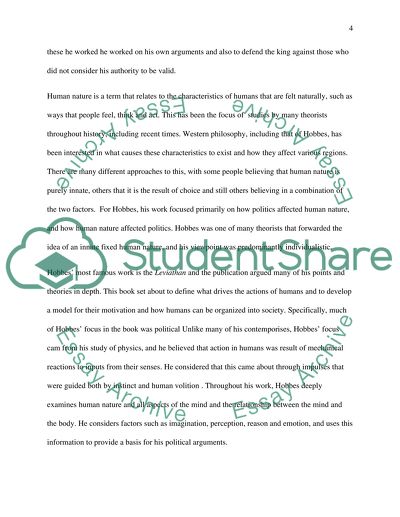Cite this document
(“Are Hobbes theories of Politics on a Sicence of Human Nature as Essay”, n.d.)
Retrieved from https://studentshare.org/history/1395388-does-hobbes-theories-of-politics-on-a-sicence-of
Retrieved from https://studentshare.org/history/1395388-does-hobbes-theories-of-politics-on-a-sicence-of
(Are Hobbes Theories of Politics on a Sicence of Human Nature As Essay)
https://studentshare.org/history/1395388-does-hobbes-theories-of-politics-on-a-sicence-of.
https://studentshare.org/history/1395388-does-hobbes-theories-of-politics-on-a-sicence-of.
“Are Hobbes Theories of Politics on a Sicence of Human Nature As Essay”, n.d. https://studentshare.org/history/1395388-does-hobbes-theories-of-politics-on-a-sicence-of.


